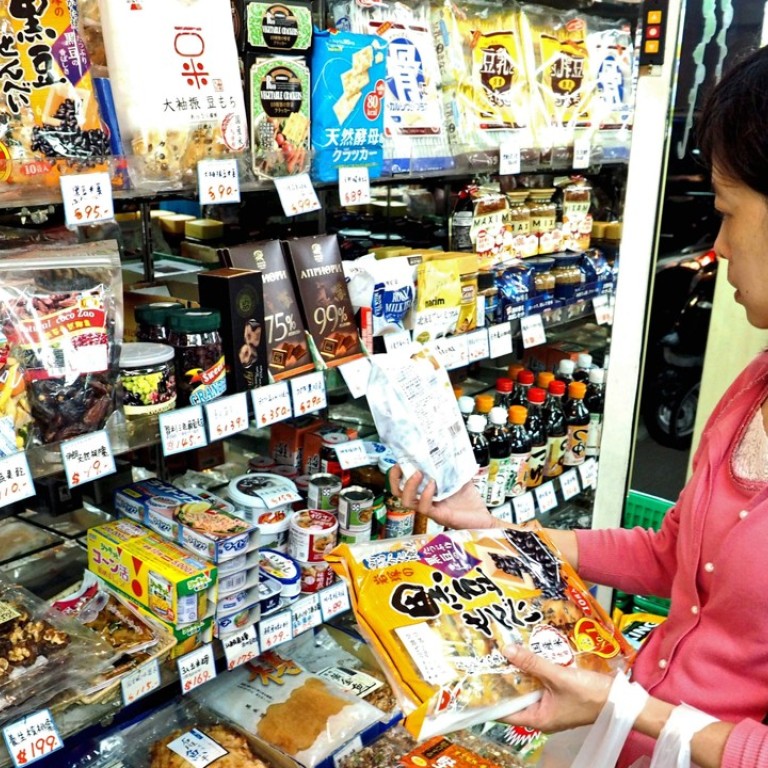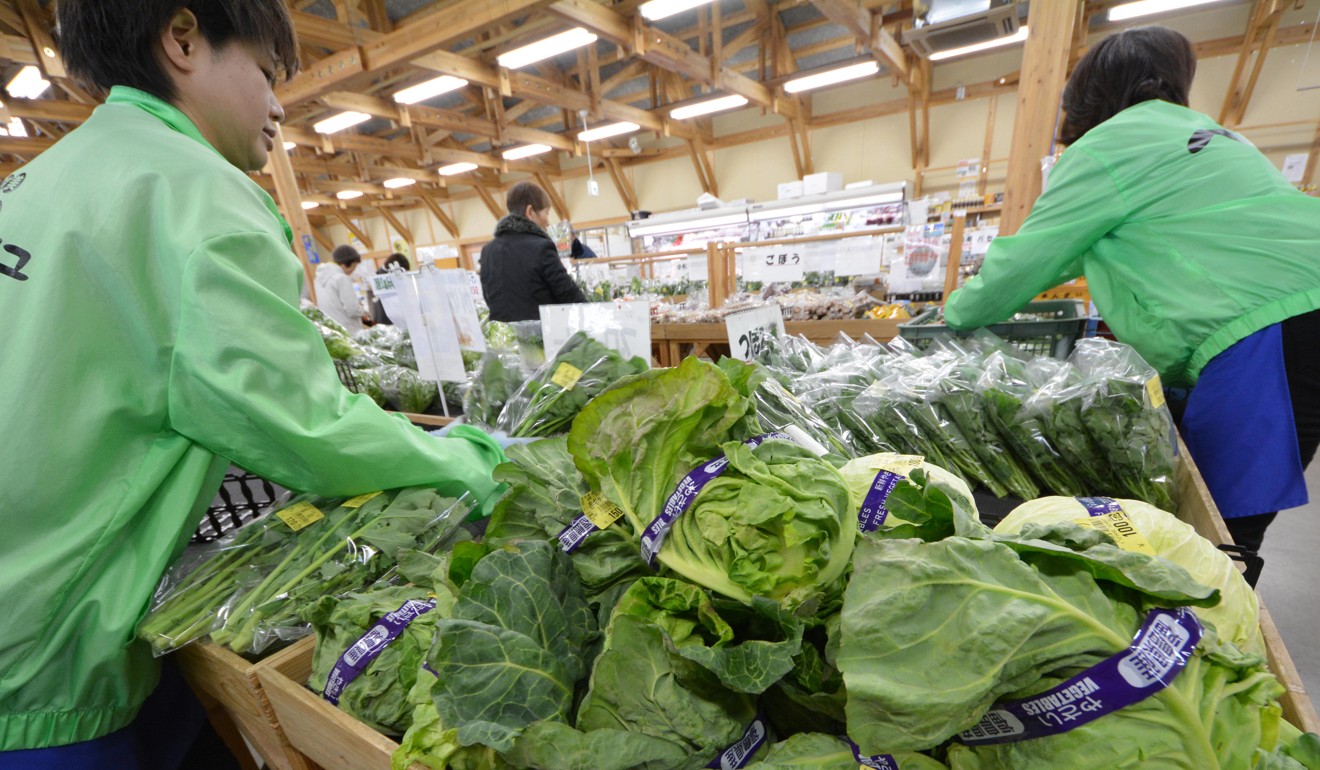
Taiwanese watchdog slams lack of transparency on Japanese food ban
- Government has done a poor job of letting consumers know that many food products affected by 2011 Fukushima nuclear disaster are now good to eat, Control Yuan says
Taiwan’s government watchdog released a report on Friday saying Taipei needs to provide better and more information to the public regarding the safety of Japanese food products currently subject to an import ban.
The investigation by the Control Yuan found that the Executive Yuan, Taiwan’s cabinet, and related agencies have been doing a poor job in letting consumers know that food products from Fukushima Prefecture and nearby Ibaraki, Gunma, Tochigi and Chiba prefectures are now safe to eat.
The government must reflect on the way it has handled the matter and make improvements, the report said.

Taiwan’s public last month voted in a referendum to maintain the ban, which was imposed after the 2011 Fukushima nuclear disaster.
Control Yuan member Peter Chang, a co-leader of the investigation, said that the government’s lack of transparency and inefficient communication with the public had put it in a bind, sandwiched between the Taiwanese public and the Japanese government.
Japan signs trade agreements with Taiwan despite ongoing dispute over nuclear food ban
Chang likened the ban to a runaway train, and said that if Japan made good on its threat to take the case to the World Trade Organisation, the train would go off a cliff.
If the Taiwan government had to continue the seven-year ban, it had to make sure it was scientifically justifiable, necessary, non-discriminatory and the decision-making process was transparent, he said.
While more countries or regions have eased their bans on imports of Japanese food products from areas affected by the 2011 nuclear disaster, Chang proposed Taiwan followed the footsteps of the United States, European Union and Canada and relax the restrictions.
Taiwanese protesters rally for ‘nuclear-free’ island
The government, led by the Democratic Progressive Party, had proposed easing the ban in two stages after coming to power in May 2016. But it backed away when the main opposition Nationalist Party, or Kuomintang, questioned the new government’s ability to ensure the safety of the imported products.
A political insider who spoke on condition of anonymity said the DPP government’s lack of leadership on the issue put it in an awkward position.

